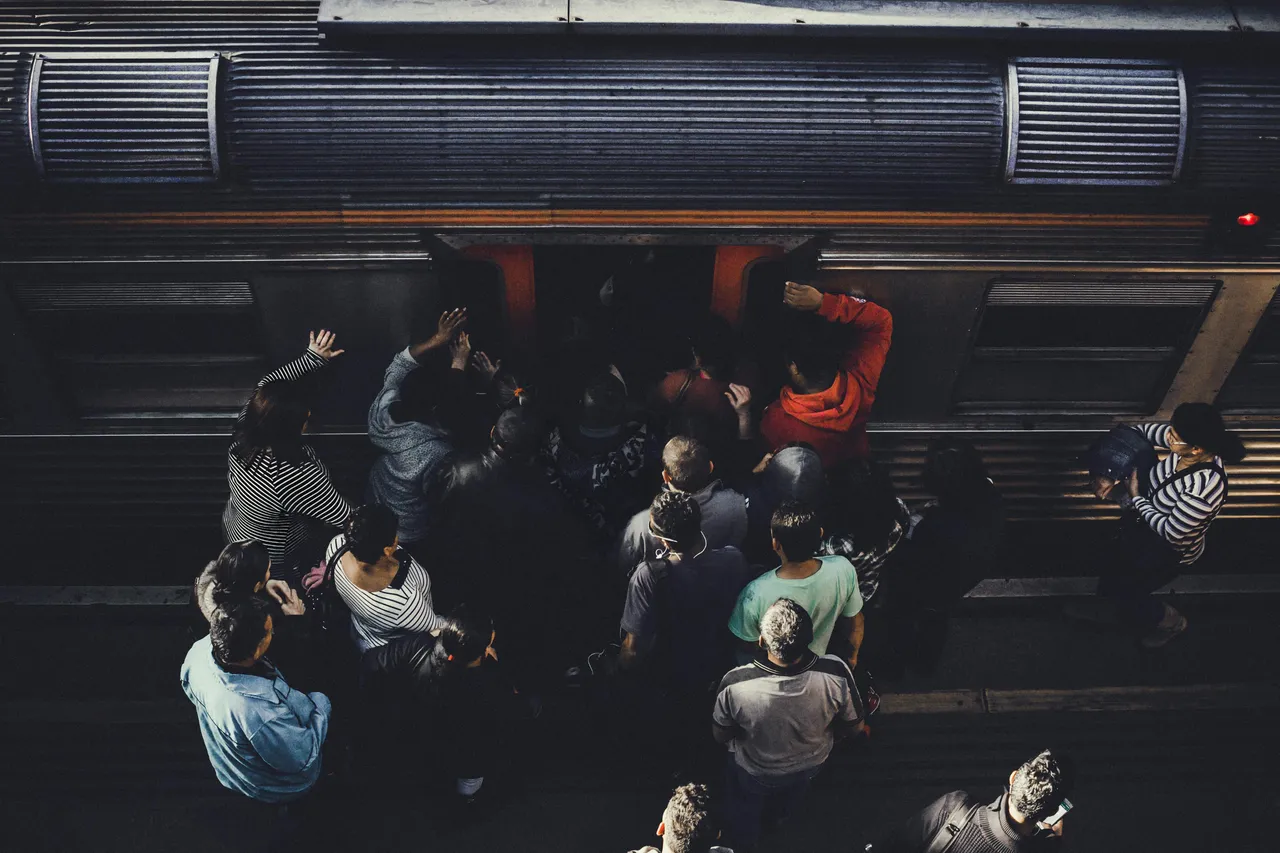In some ways, I believe foresight is both a skill and a gift that's rare and deeply mysterious.
The gift part makes sense when you think about how some people are born with a sharper sense of intuition or awareness that's just different from most others.
From what I've observed, I'm not really sure how the process works. Are they just using their mind to peer into the future, or is there something more going on beyond just thinking?
There was this old woman I met a few times who kept saying that she sees what everyone else sees, but through a clearer lens because she's not tied to outcomes and personal biases.
I told her in a half-joking way that I wasn't attached either, so I must be able to see what she sees.
But she pushed back on my reasoning, saying I was too young to develop real detachment when I hadn't fully experienced what attachment truly means and demands.
Understanding From A Distance
I'm slowly accepting the truth that you can't completely understand something if you're fully absorbed in it.
In this case, I can't fully understand the mind if I'm completely absorbed in using it.
Why try to understand the mind anyway? Well, because it's the main tool we use to understand, process and interact with all of reality.
But that fact is really only half the story.
Because I also can't completely understand life if I'm not fully living it. To be truly alive and not just existing.
I think stepping back from complete absorption works because it gives you an outside view, which helps on spotting patterns that you can't see from the inside.
The foundation of foresight isn't really built on creating something from nothing, so to speak.
Even though future events can be uncertain and hard to predict, the seeds that make them happen are planted firmly in the present and/or past.
For me, this thought is somewhat comforting because it means that while the future isn't set in stone, it's also not completely random.
There's always a path you can trace from current situations and actions to future possibilities.
Almost everyone can do this in hindsight.
Unchanging Humans In A Changing World
We live in an age that seems to make prediction both easier and harder at the same time.
On one hand, we have more data, tools and ways to analyze patterns than any generation before us.
I read recently that astronomers can tell when the next solar eclipse will occur, down to the second and hundreds of years in advance.
Still and somehow, the future feels more unpredictable than ever.
Partly because the pace of change has sped up so much that the old rules don't seem to apply anymore.
2020 felt like a decade ago when in reality it's just five years ago.
The kind of strange thing amongst all this is people haven't really changed that much.
Strip away the smartphones and social media, and humans today want the same basic things they've always wanted, i.e connection, security, meaning, recognition, etc.
We still fall in love, get jealous, seek power, fear death, and also hope for better days ahead.
Our core drives and patterns haven't shifted much over centuries.
But there's some newness to modern experiences that make it seem like we're in this odd spot where the surface of life changes at breakneck speed, but the deeper currents of human nature flow much the same, as they always have.
A Steady Current
An effect of this is what I call a kind of prediction paradox.
By that I mean needing to look past all the noise of modern change and focus on those unchanging human patterns, even though the noise of modern change can easily overwhelm and misdirect our attention from them.
Maybe that's what the old woman meant about not being attached to outcomes. Since getting caught up in the specifics of what could happen would blind you to the larger forces at work in a world moving this fast.
The clearer lens she talked about is probably the type of lens that sees the human story beneath all the surface chaos.
Thanks for reading!! Share your thoughts below on the comments.
